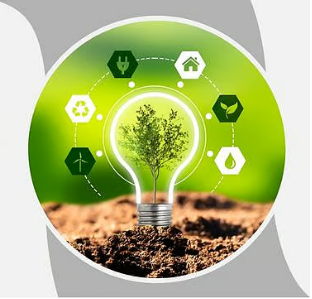The Minister of Power, Chief Adebayo Adelabu, stated that Nigeria requires $10 billion annually for the next 10 to 20 years to achieve a stable electricity supply, citing decades of infrastructure neglect and underinvestment.
He made this comment during the commissioning of a 2.5MW solar hybrid power plant at the Nigerian Defence Academy (NDA), Kaduna, built under the Energising Education Programme (EEP) Phase II to provide uninterrupted power to academic and military facilities.
The minister highlighted recent reforms, including the signing of the Electricity Act, which decentralizes the power sector and empowers states to participate in electricity generation, transmission, and distribution.
Meanwhile, the Rural Electrification Agency (REA) launched Phase 3 of its Rural Electrification Fund (REF), aiming to expand off-grid electricity access in underserved communities.
Key highlights of REF Phase 3:
- Expected to attract over ₦5.6 billion in private investment.
- Will deliver 9MW of renewable energy.
- Signed MoUs with 58 developers.
- Targeted to impact 31,500 beneficiaries (homes, businesses, schools, and health centres).
- Projected to create 6,000 jobs and cut carbon emissions by 39,000 tons annually.
Since inception, the REF has:
- Delivered 124 mini-grids and 25,000 solar home systems across 183 communities.
- Installed 16.6MW of renewable energy, creating over 26,000 jobs.
- Prevented over 91,000 tons of CO₂ emissions.
Future plans include the e-HEART initiative to deploy 3,700 mini-grids and 370MW to electrify rural healthcare, schools, farms, and transport systems, with 15 states already committing funds. The REA emphasized strict project standards and accountability.



